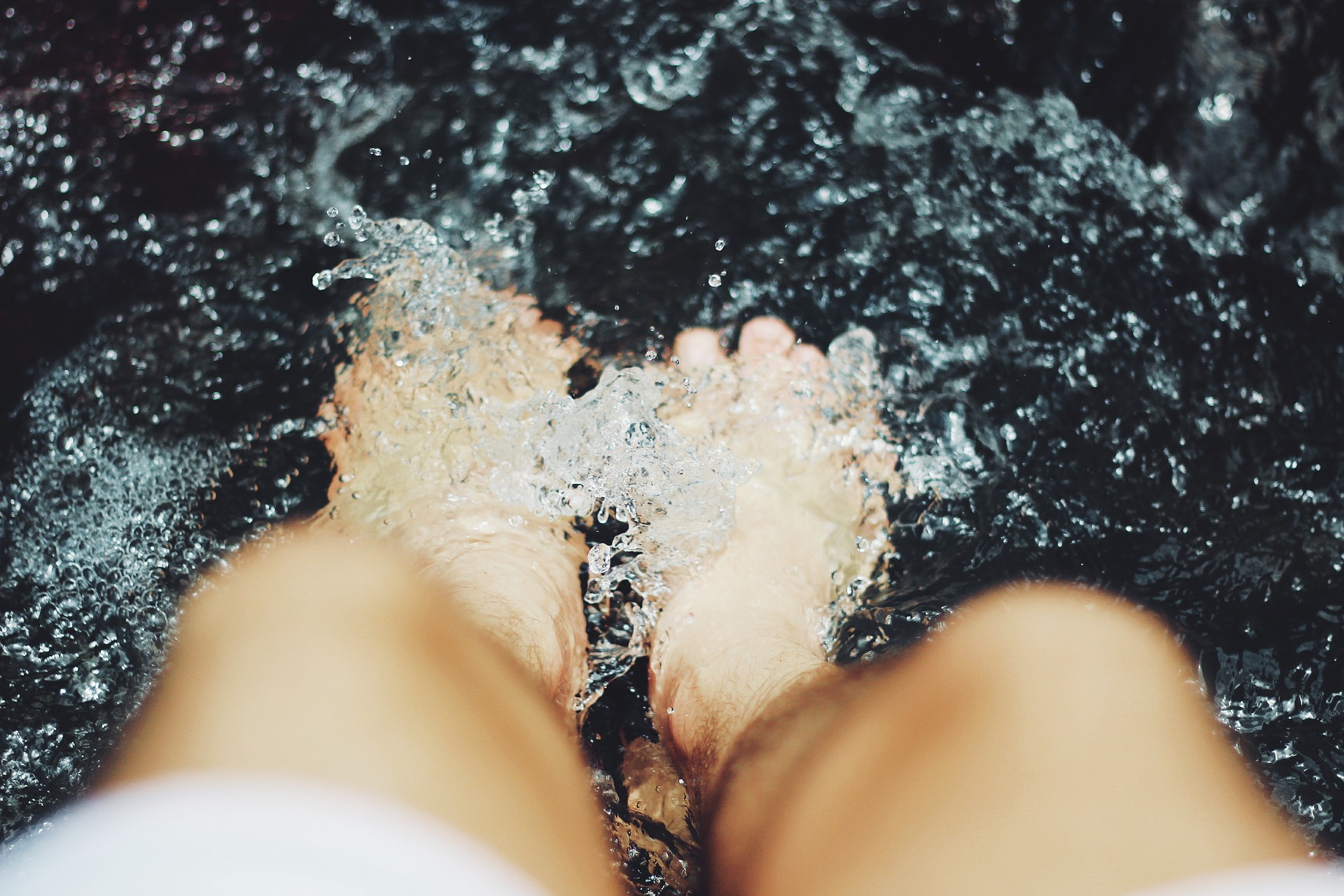Media Release
From: The University of SydneyHow to keep cool in a blackout during a heatwave
When no electricity is available, applying water to the skin is the best way to keep cool
If there is no power for air-conditioning, and tap water is the only resource available, spreading it across the skin is the best way to prevent the body overheating irrespective of the climate, according to a new study from the University of Sydney.
Researchers from the University’s Thermal Ergonomics Laboratory simulated heatwave conditions to examine the effect of using water in different ways - on a person’s core temperature, cardiovascular strain, risk of dehydration and comfort levels.
The results, published today in Journal of the American Medical Association (JAMA), show that compared to just drinking water, applying normal tap water to the chest, arms, back, legs and face with a sponge in simulated heatwave conditions, lowered cardiovascular strain, halved the rate of dehydration and improved thermal comfort. Immersing the feet in water above the ankles was also better than just drinking water, but not as effective as self-dousing. The findings were similar in both a hot/humid, and very hot/dry conditions.
Senior author Associate Professor Ollie Jay of the Faculty of Health Sciences and Charles Perkins Centre said with numerous all-time temperature records being set across the world in 2019, developing evidence-based health advice to help protect people against heat-related illness in a range of different settings has never been more important.
“The electricity needed to sustain mass cooling with air conditioning during heatwaves is proving increasingly unsustainable, and the threat of power blackouts is becoming more common in densely populated cities across the world.”
“In times of very high electricity demand during a heatwave, power grids sometimes can’t manage, leaving many people without any electricity at all. Water pressure is usually preserved though so people still have tap water. We wanted to systematically assess how this water can be best used to lessen the physiological strain, such as increases in heart rate and progressive dehydration, that develops during extreme heat exposure.
“Usually people are just told to drink water, but our findings show that the extra evaporative heat loss you can get from also applying water across the body with a sponge can make a difference. Immersing the feet in water can also help, but it’s not as effective as self-dousing.”
Methods
Led by former University of Sydney PhD student Nathan Morris, in a total of 90 trials, a mix of male and female volunteers were monitored for thermal strain (rectal temperature), cardiovascular strain (heart rate and blood pressure), risk for dehydration (whole body sweat rate), and thermal comfort (assessed using 120-mm visual analogue scale) over a 2-hour exposure to simulated peak conditions of two types of heat waves. One that was very hot and dry replicating the peak conditions of the California heatwave in July 2018, and one that was cooler but more humid and with a higher heat index representing the peak conditions during the Chicago heatwave in July 1995, and Shanghai heatwave in July 2017.
Next steps
Associate Professor Jay said that the findings of the current study may also have a potential application to cities in developing countries that have limited drinking water. According to the World Health Organisation unclean drinking water is responsible for more deaths than even war, yet the number one public health recommendation in a heatwave is to drink water. However, if water is sufficiently clean to apply to the skin, the subsequent evaporation might reduce the need for sweating to the extent that people may be able to stay hydrated without drinking as much water.
His team is currently examining the efficacy of a range of different low-resource cooling strategies that can be easily implemented in different heatwave settings by the elderly and people with various medical conditions (eg coronary artery disease and hypertension). They are also assessing the impact of different prescription medications on the type of advice that should be issued to the general public in advance of extreme heat events.


